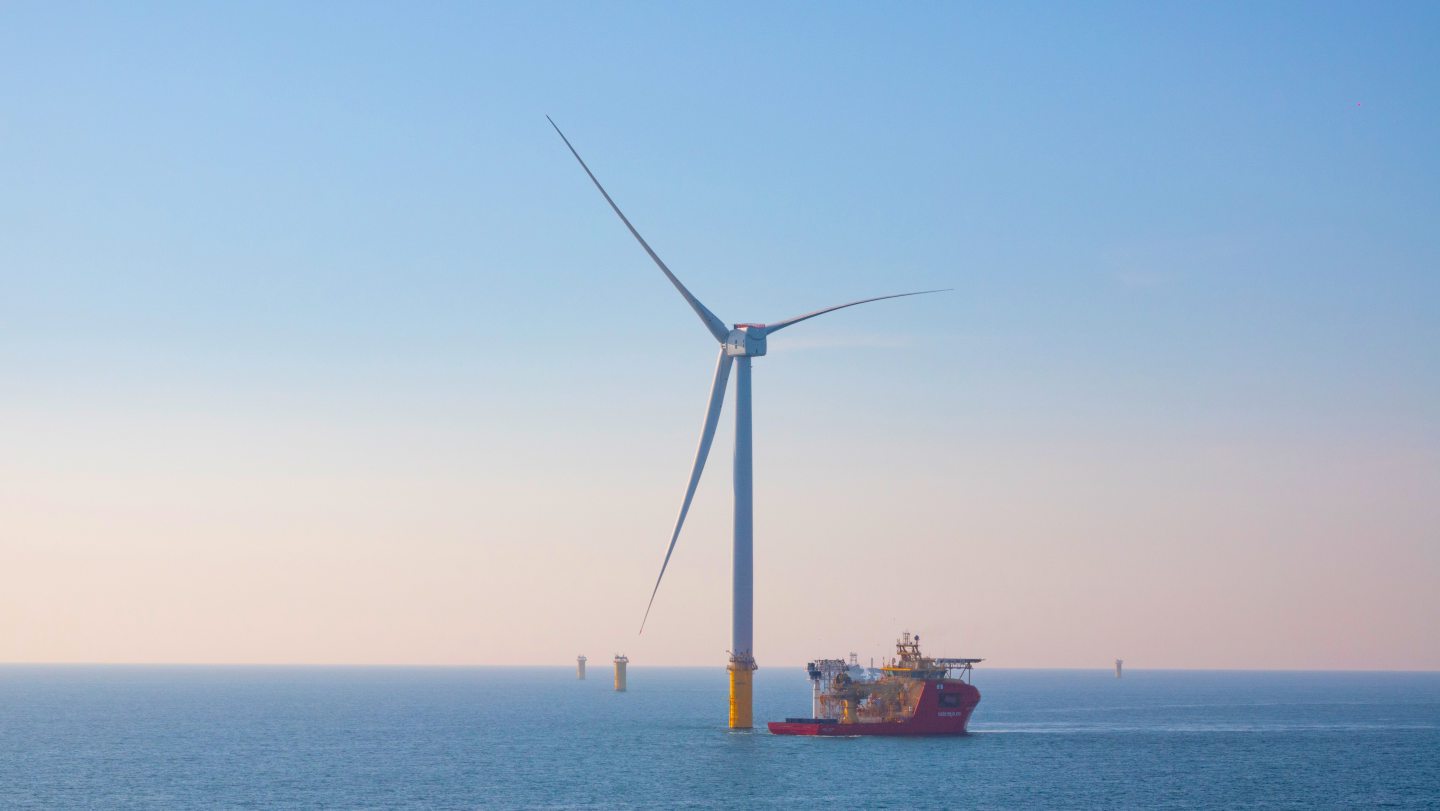
A nationwide drive towards clean energy and meeting the UK’s net zero emissions target will “not be just” if it benefits only Chinese companies, it has been warned at Westminster.
Speaking in Parliament, Conservative frontbencher Lord Offord of Garvel said it was essential the shift to green power did not increase the country’s reliance on foreign states, particularly those seen as hostile, as he called for a “Made in Britain transition”.
The comments by the shadow energy security minister came amid ongoing concerns over spying by Beijing, further fuelled after the naming of an alleged Chinese secret agent with close links to the Duke of York.
The House of Lords is currently scrutinising in detail the Great British Energy Bill.
This would establish a state-owned limited company that would be tasked with investing in and developing clean energy projects as part of the push to tackle climate change.
However, there has been cross-party unease that GB Energy’s strategic priorities are not set out in the legislation and will be left in the hands of the Secretary of State to introduce at a later, unspecified date.
A Tory attempt to make reducing household bills by up to £300 a key aim for the company, delivering on a Labour election promise, was previously defeated in the Commons by the Government.
It also saw off a bid to enshrine the Government’s commitment to create 650,000 jobs across the country by 2030.
Renewing the opposition’s demand for their inclusion, Lord Offord said: “These are not trivial matters. These are promises that are important to people.”
He adds: “The Secretary of State has made huge promises which greatly impact people’s energy bills, their businesses and jobs and I think it’s therefore critical that the Government is held accountable.”
UK energy reliance on China
Lord Offord also argued developing domestic supply chains should be a key aim for GB Energy.
He said: “It is essential that our transition to net zero does not increase our reliance on foreign states, particularly not on hostile foreign states.
“I think we all want to see a Made in Britain transition, don’t we? Where offshore wind turbines are constructed by British manufacturing companies, erected by British high-skilled workers and deliver clean, cheap energy for British homes and businesses.”
The peer added: “In this transition to net zero we are presented with great opportunities for investment and for new jobs.
“We must ensure it is the British people and domestic companies which benefit from the increase in investment we hope to see in the coming years.
“So we must not therefore simply outsource this transition.
“This transition will not be just if it benefits only Chinese companies.”
Responding, energy security minister Lord Hunt of Kings Heath insisted the Government was committed to “a just transition”.
But resisting calls for the strategic priorities to be set out in the legislation, he said: “On the general principle, we do want Great British Energy to operate independently.”
He added: “Governments are often accused of trying to micromanage the institutions they are responsible for. But here the Government is saying that GB Energy needs to have as much operational independence as it possibly can.
“Members wish to, if you like, constrain in one way or another what it is Great British Energy should do and this is what we are resistant to as a general matter of principle.”
But speaking later, independent crossbencher Lord Vaux of Harrowden said: “There is absolutely nothing in this Bill against which success can be measured or the use of public money measured and scrutinised.”
He added: “We are being asked to scrutinise a Bill where we have no information as to what the Government is actually planning and with no meaningful impact assessment on those plans.
“So this Bill looks rather like a skeleton Bill where most of the detail is added by the Government at a later date.
“And this Government when in opposition was quite rightly critical of the use of skeleton Bills by the last (Tory) government. I agreed with them then and I agree with them now.”
Lord Vaux went on: “The Government seems to be effectively trying to sidestep proper scrutiny.”
Recommended for you

 © Supplied by SSE
© Supplied by SSE